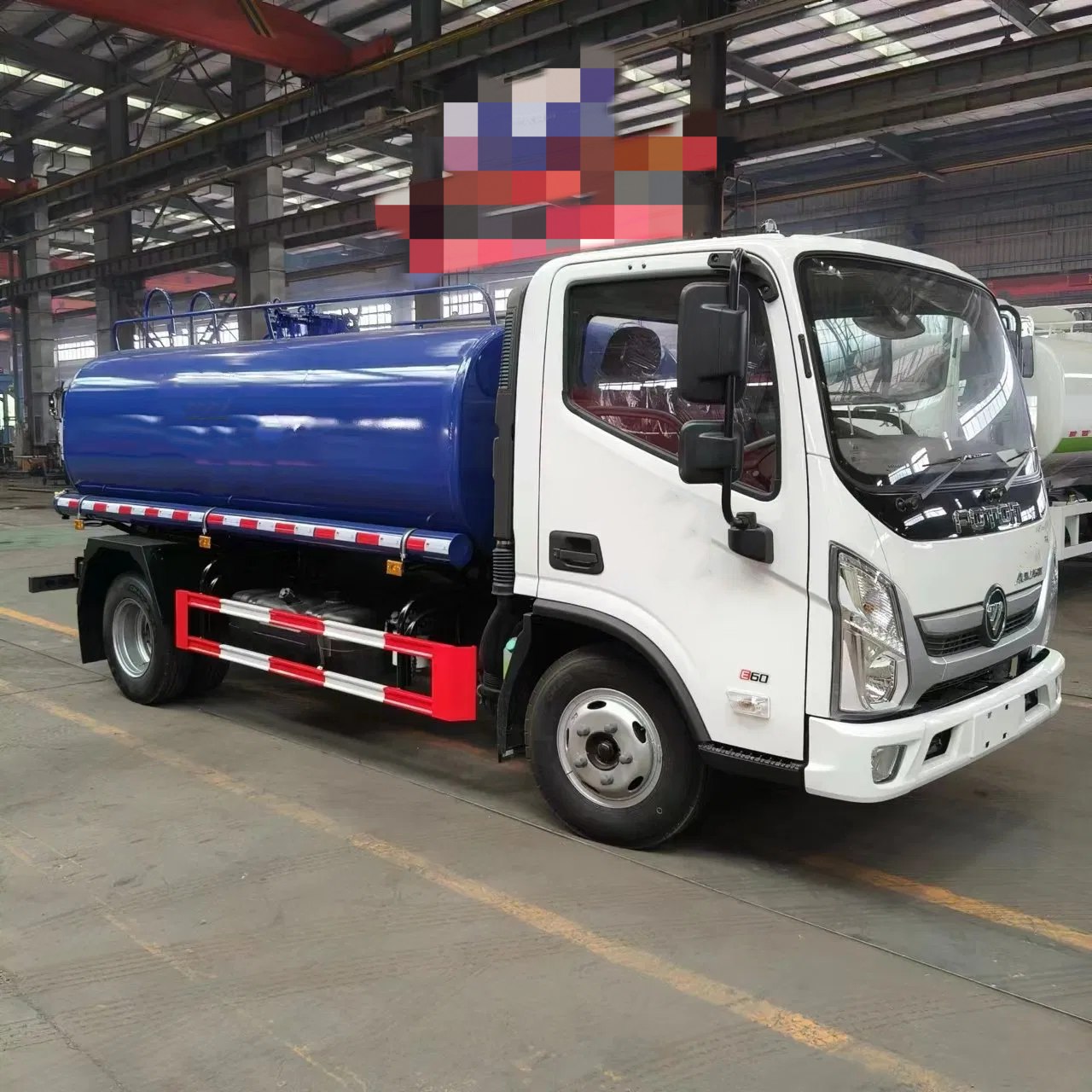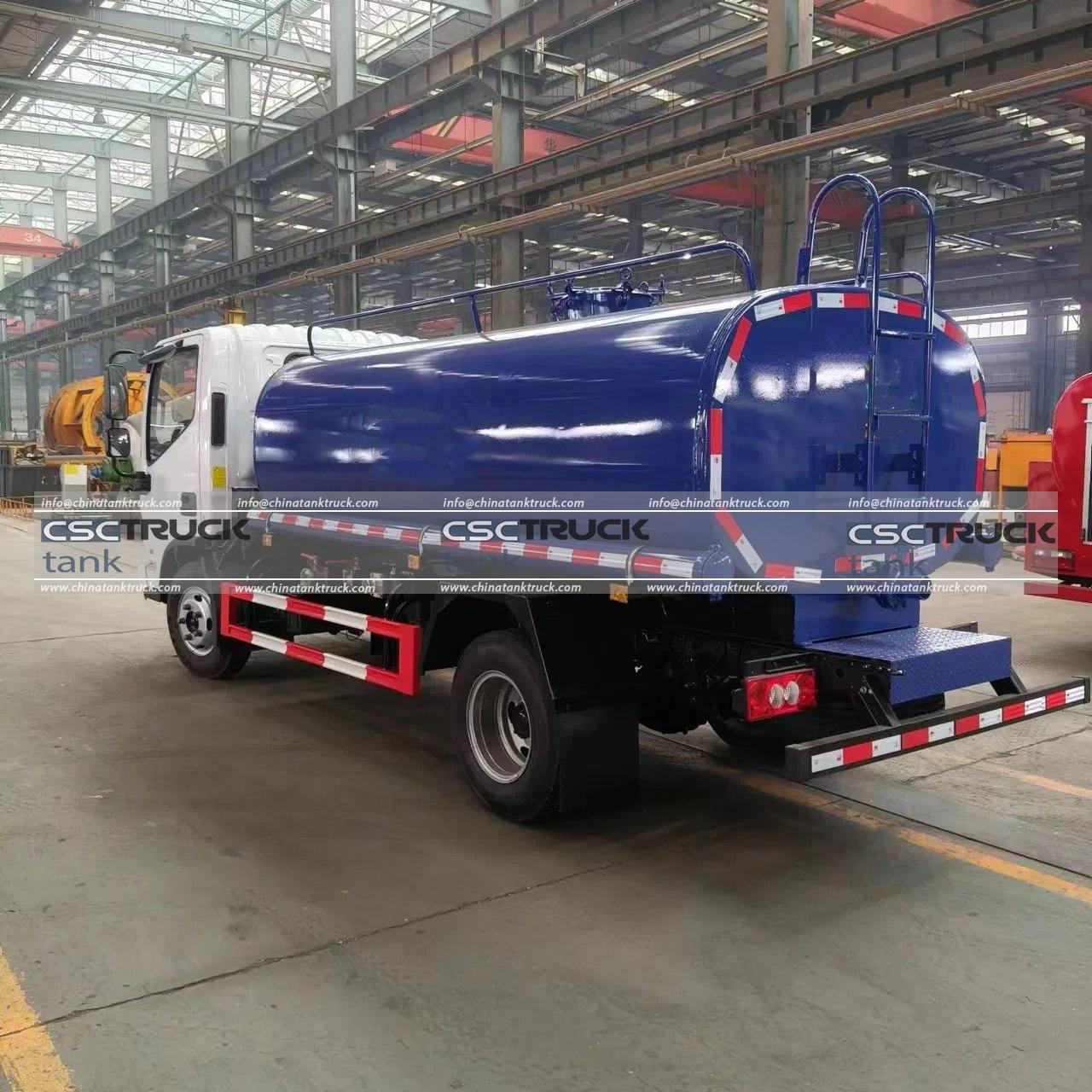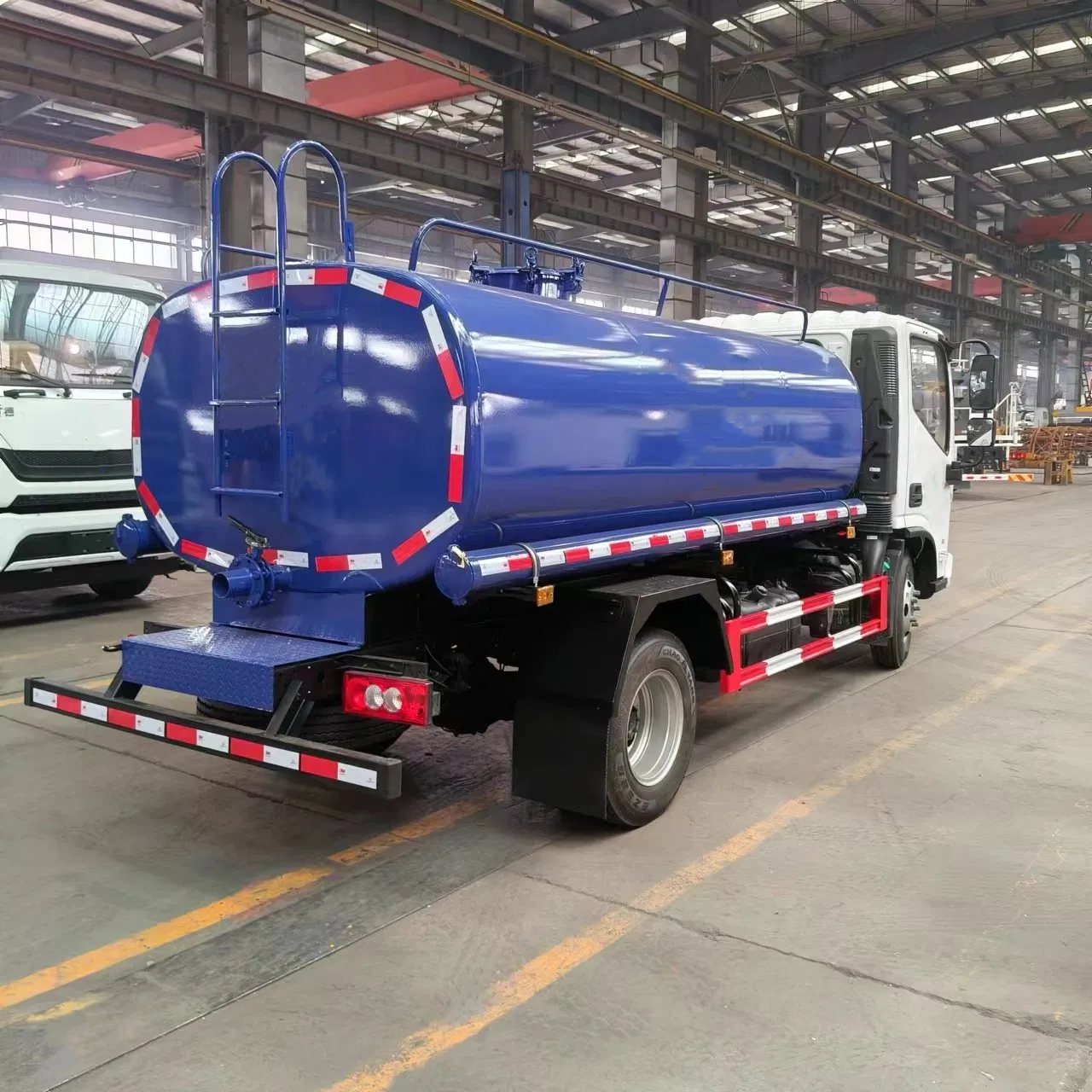A refueling truck, also known as a fuel truck or a tanker truck, plays a crucial role in transporting and delivering various types of fuel to locations where it is needed. These specialized vehicles are designed to safely carry and dispense fuel, ensuring efficiency and reliability in the aviation and construction industries. Understanding the components, uses, and regulations surrounding refueling trucks provides insight into their importance and operational significance.
Components and Design
Refueling trucks are typically equipped with several key components that facilitate the safe storage, transport, and dispensing of fuel:
- Tank Structure: The tank of a refueling truck is constructed from materials that meet stringent safety standards and can withstand the corrosive nature of fuels. Tanks are often made from aluminum or stainless steel to prevent contamination and ensure durability.
- Pumping System: A robust pumping system is integral to refueling trucks. It includes pumps, meters, and hoses to efficiently transfer fuel from the truck’s tank to the receiving vehicle or storage facility. These components are calibrated to accurately measure the quantity of fuel dispensed.
- Safety Features: Given the flammable nature of fuels, safety features such as emergency shut-off valves, grounding reels to prevent static electricity buildup, and spill containment systems are essential. These mechanisms mitigate risks associated with fuel handling and transportation.
- Control Systems: Modern refueling trucks are equipped with advanced control systems that monitor fuel levels, pressure, and dispensing rates. These systems enhance operational efficiency and ensure compliance with regulatory standards.

Uses and Applications
Refueling trucks serve diverse industries and applications where on-site fueling is necessary:
- Aviation: Refueling trucks are crucial in aviation for supplying jet fuel to aircraft at airports. They are equipped with specialized equipment to handle the specific requirements of aviation fueling, including high-flow pumps and filtration systems.
- Construction and Mining: In remote construction sites and mining operations, refueling trucks provide diesel fuel for heavy machinery and vehicles. Their mobility and capacity to deliver fuel directly to equipment on-site reduce downtime and operational costs.
- Transportation: Fleet operators utilize refueling trucks to maintain their vehicles without needing to return to centralized fueling stations. This flexibility supports logistics operations and ensures continuous vehicle uptime.
- Emergency Services: During emergencies such as natural disasters or power outages, refueling trucks play a critical role in supplying fuel to emergency response vehicles and generators, ensuring uninterrupted services.
Regulatory Compliance
The operation of refueling trucks is governed by strict regulatory frameworks to safeguard against environmental hazards and ensure public safety:
- Transportation Regulations: Refueling trucks must comply with transportation regulations that dictate vehicle weight limits, route restrictions, and driver qualifications. These regulations vary by jurisdiction and are enforced to prevent accidents and spills.
- Environmental Standards: Measures to prevent fuel spills and leaks are mandated by environmental agencies. Refueling trucks are required to implement spill containment measures and adhere to protocols for handling hazardous materials.
- Safety Inspections: Regular inspections of refueling trucks are conducted to verify compliance with safety standards. Inspections include testing of pumps, meters, and emergency systems to maintain operational integrity.

Technological Advancements
Advancements in technology continue to enhance the efficiency and safety of refueling trucks:
- Telematics and GPS: Integration of telematics systems enables real-time monitoring of fuel levels, vehicle location, and operational parameters. This data allows fleet managers to optimize routes and scheduling for improved efficiency.
- Automated Dispensing Systems: Automated dispensing systems reduce human error during fueling operations by controlling flow rates and preventing overfills. These systems improve accuracy and minimize environmental impact.
- Alternative Fuels: Some refueling trucks are designed to handle alternative fuels such as biodiesel or compressed natural gas (CNG). Specialized equipment and storage configurations accommodate the unique properties of these fuels.
Conclusion
In conclusion, a refueling truck is a specialized vehicle designed to transport and dispense fuel safely and efficiently across various industries. Its robust construction, advanced pumping systems, and adherence to stringent regulatory standards make it indispensable for maintaining operations in sectors reliant on continuous fuel supply. Technological innovations continue to drive improvements in fueling efficiency and safety, ensuring that refueling trucks remain vital assets in modern logistics and transportation infrastructure.
Understanding the integral role of refueling trucks underscores their significance in supporting economic activities and emergency response capabilities worldwide. As industries evolve, so too will the capabilities of refueling trucks, adapting to meet the growing demands for reliable and sustainable fuel delivery solutions.


